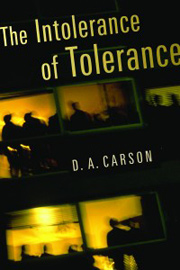 by Seraphim Danckaert –
by Seraphim Danckaert –
A person is most likely to retain Christian faith throughout adult life if he or she had three (3) meaningful and healthy relationships in their early to mid teenage years: one with faithful Christian parents, one with a faithful Christian mentor outside of the family, and one with God Himself.
Seraphim Danckaert at Orthodoxy and Heterodoxy critically evaluated a recent article that claims that “90% of Americans with Greek roots are no longer in communion with the Orthodox Church.” The excerpts below are from Seraphim’s insightful analysis on why the youth leave the Orthodox Church and what must be done to retain them.
…
The article assumes (but does not show) that the reason for this mass apostasy is two-fold: (1) the inevitable rise of interfaith marriages in America’s multicultural, religiously pluralistic, and secular society; and (2) the Greek Orthodox Church’s failure to respond to the “critical and immediate need for a broad religious outreach; to make room for interfaith families,” and thereby follow St. Paul’s example in extending “Christianity’s outreach to all nations.” [Read more…]

 by Don Carson –
by Don Carson – by W. E. Knickerbocker –
by W. E. Knickerbocker – by Albert Mohler –
by Albert Mohler – by Rick Warren –
by Rick Warren – by Doug Mainwaring –
by Doug Mainwaring – by Brian A. Graebe –
by Brian A. Graebe – by Jackie Stammen –
by Jackie Stammen – by St. Basil the Great –
by St. Basil the Great – by William Lane Craig –
by William Lane Craig –